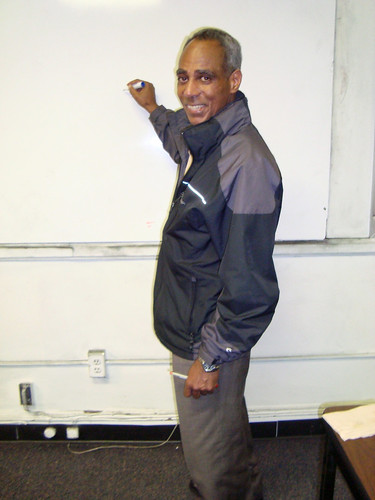
Although there is a large number of registered voters, Philadelphia residents need to show up to the polls during the general elections.
According to the Pennsylvania Department of State, as of May 2011 there are approximately 1,015,334 registered voters in the Philadelphia County. On Nov. 8, these numbers will be put to the test as Philadelphia residents will have the chance to participate in Philadelphia’s 2011 general elections.
The general election includes voting for City Council representatives, city commissioners, court officials and the mayoral position. While these positions are all important, the general elections usually have the lowest voter turnout. The last day to register for voting in Pennsylvania is Tuesday, Oct. 11. The amount of voters that will actually vote is unpredictable.
John Bailey Jr., a North Philadelphia native, said people vote because they want to.
“People have to want it for themselves,” Bailey said. “They have to be willing to be a part of something.”
Bailey said he votes to show patriotism.
“I want to be a part of the processes of this country,” he said.
To those residents who do not want or feel the need to register and vote, Bailey said that they are not enlightened and are thinking in the wrong manner. Non-registered voters generally believe that their one vote would not make a difference, or that the outcome of elections would not affect their lifestyles. However, Bailey said that this illusion is more of an attitude.
“There’s a lack of education, of access to different perspectives and people become apathetic to it all,” Bailey said.
Bailey said there isn’t exactly one particular ideal of a government. He added that he has never lived in any other system of government, and because of that, he can’t really compare the disadvantages or advantages of them. Yet, he said he sees a common thread.
“The trend seems to be moving towards freedom of thought, expression and speech, voting and liberty,” Bailey said. “And it’s a powerful and dynamic movement.”
Samantha Byles can be reached at samantha.byles@temple.edu.


Be the first to comment